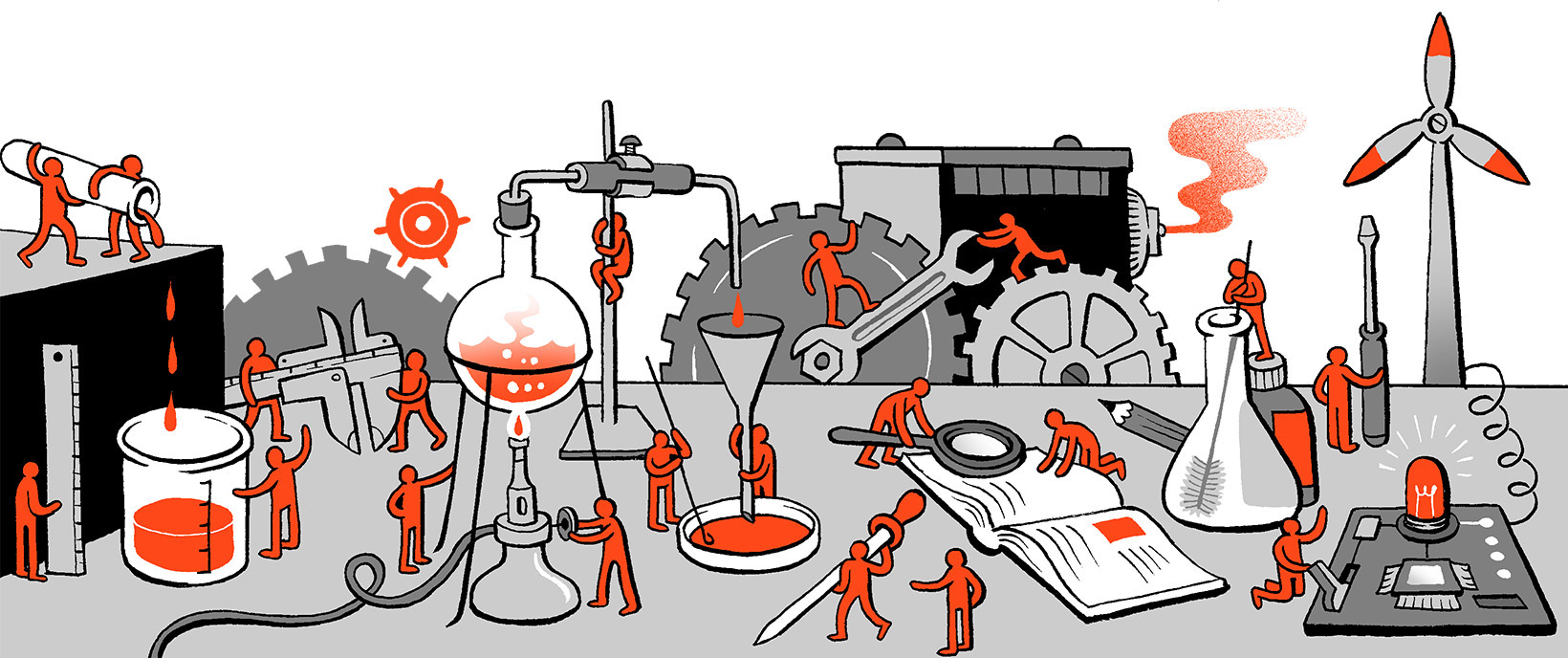The military and private interests in the war industry are benefitting tremendously from scientific investment and scientific output. While military backers will somehow suggest that this makes the world more stable and peaceful, society is being short-changed when science is geared primarily towards the war industry. While there is no question that some fraction of military-industrial research is eventually translated into products for society at large, this is an inefficient and selective process for meeting society’s scientific needs, especially pressing needs like climate change and antibiotic resistance that are not immediately translatable to profits.
More broadly, the massive investment in science and technology since the second world war has transformed the way we produce essential goods like food, energy, and medicine. Yet, the benefits of these advances are captured by a small fraction of society. We produce more food than ever, yet massive inequities in food security persist, not only in the Global South but even within wealthy nations. For instance, since at least 1995 in the US between 10-15% of households – including ~40 million people in 2017 – have been food insecure, meaning their access to adequate food has been limited by lack of money; this despite the boom in agribusiness over the same period. Globally the picture is far worse: 26.4% of the world population, around 2 billion people, were food insecure in 2018 despite producing more food than ever per capita.
Like food, access to energy is distributed unevenly. While we now produce abundant energy, this energy is disproportionately consumed by the wealthy: the poorest 80% of the population globally account for just 20% of electricity use. New advances in energy production and transmission could reduce costs and transform the lives of those who are struggling to make ends meet, but instead, new production is met with ever increasing demand from wealthy consumers. Meanwhile, the lack of electricity contributes to significantly increased health risks for 1.6 billion people (as of 2007).
The production of energy is also closely tied to our (ir)responsible maintenance of the environment. As has been stated to exhaustion (and infuriatingly little effect), corporate enterprise thrives on the exploitation of the environment. So while shareholder and private interests – both of energy companies, and companies consuming energy – have benefitted tremendously from energy extraction, storage and transmission technologies, the planet suffers.
The benefits of medical care and life-saving medicines are also extremely unevenly distributed. Indeed, it is common for those at the lower end of the income spectrum go bankrupt when seeking treatment. The push for personalized medicines and the development of high priced drugs is likely to further exacerbate the problem; investors and corporations will benefit, along with well-off patients, while many of the working class are left behind.
In some cases, science and its technological products can directly undermine the livelihoods of ordinary people. Some of the most glaring inequities in our society are driven by automation. Under capitalism, automation has been deployed to the benefit the owners rather than workers. Automation has increases profits for businesses while simultaneously leaving workers deskilled, lacking autonomy, and often unemployed. With the vast research efforts now underway focused on developing “AI”-based automation, this problem is likely to worsen.

